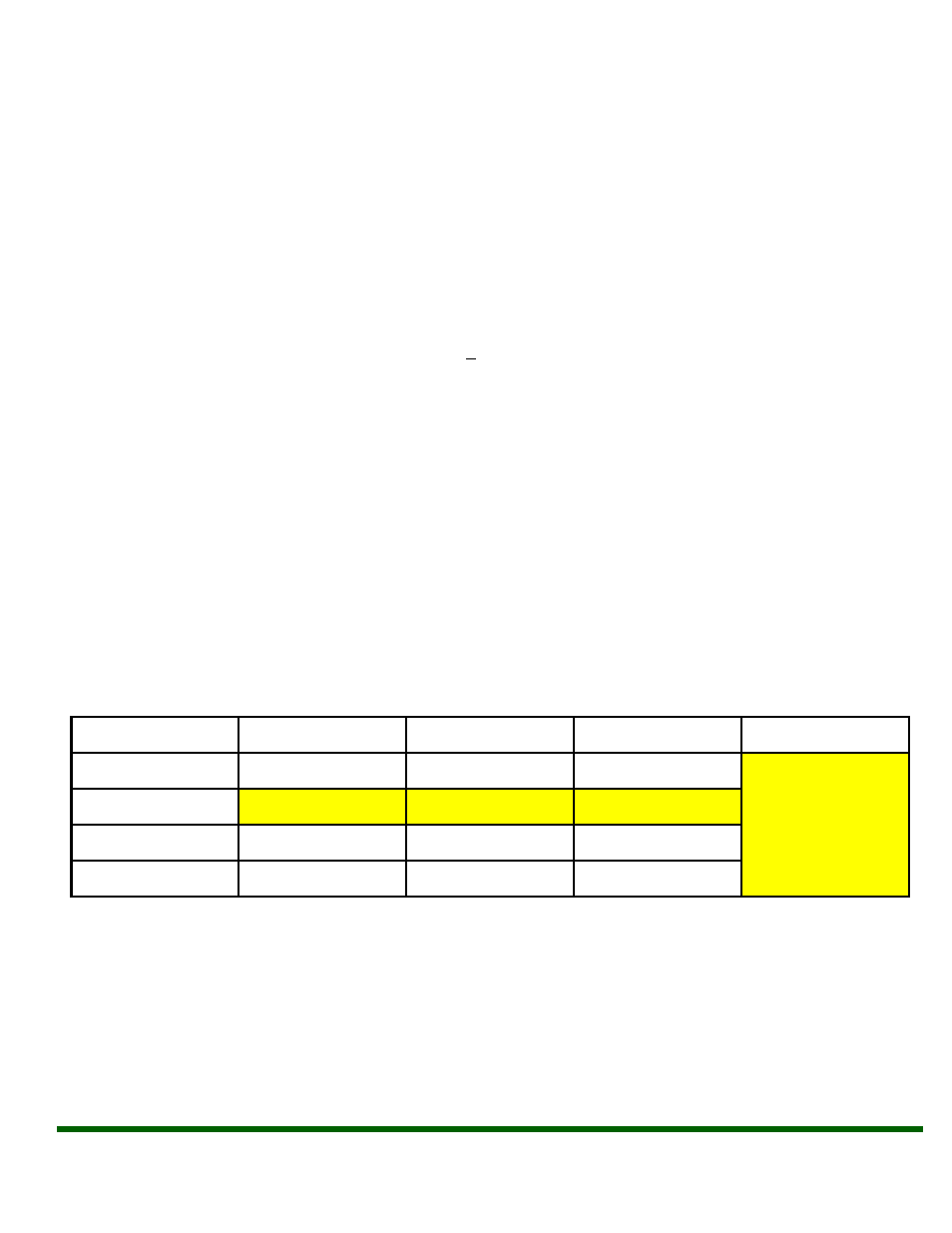Avigating the, Nabling, Ystem – Quantum Composers 9250 Series User Manual
Page 11: Utput, Mooth, Ransition, Pdating, Navigating the 9250, Enabling system output, Smooth transition updating

9250 Manual Version 1.2 | Quantum Composers
11
Navigating the 9250
Primary control of the 9250 is carried out either through the 9250 application (see 9250
application Menus) or through unit specific commands using a terminal program via USB (see
Programming the 9250). Communication through Bluetooth is also available as an upgrade
which will allow the same user interfaces as USB. The Run/Stop button serves the purpose of
both power on/off as well as enabling/disabling the system output.
Enabling System Output
The Run/Stop button on the 9250 is used to arm the system. With external trigger disabled,
the button will arm and start pulse output. With external trigger enabled, the button will arm
the pulse generator. Pulse outputs then starts after the first valid trigger input. Pressing the
Run/Stop button a second time disables the pulse generator.
Smooth Transition Updating
Caution should be used when attempting to update the 9250’s parameters when the unit is actively
pulsing. The system counters are double buffered to insure that updating while the counters are
active does not generate significant timing errors. A one clock error (4ns) may occur if the counters
are reloaded during counter updates. To insure a smooth delay transition during an update, all
channels must have completed their pulses at least 2us before the end of the period (Counter
updates take 2us). It should be noted that if a delay jump does occur, only a single jump will occur
before the unit’s nominal desired delay is reached.
*Example in which initial delay jumps may occur while actively updating while pulsing:
Width
Delay
Sync Source
Period
CHA
10us
9us
T0
100us
CHB
80us
10us
CHA
CHC
20us
4us
T0
CHD
50us
5us
CHC
80us(Width) + 10us(Delay) + 9us(Sync Source Delay) = 99us Within 2us of Period (100us)